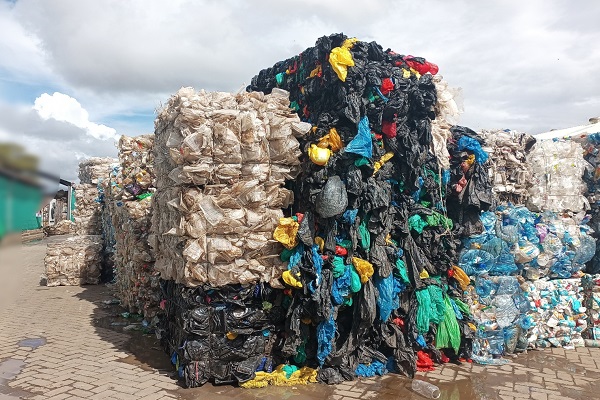The rising number of used vehicle exports to Africa by developed nations has become a subject of great concern with experts warning that the trend will undermine global emission reduction goals if unchecked.
There are also concerns that heavy dependence on imported used vehicles by many Africa countries continues to foment both health and road safety problems.
The concerns are further ignited by the boom registered in used vehicles trade by high income countries ever since they embarked on the shift to electric fleet, a transition that saw many increasingly export a chunk of their fossil fuel fleet to the global south.
Official statistics indicate that Africa absorbs more than a half of used car exports globally, and this has seen emissions from road transportation rise to 40 per cent, higher than any other area on the globe.
The trade could rise even further in light of rapid population growth, coupled with fast urbanization across African countries which rely heavily on road transportation using cars, buses and trucks amid lack of wide railways, tramways and others.
VIDEO: Africa eyes green bonds, COP27 partnerships to plug infrastructure gaps
“There are various blocks to be put together in order to tackle the challenge, both on the regulatory side but also an offering alternative, and one the on the financing,” opined Vivianne Heijnen, the Minister for the Environment of the Netherlands, one of the Western countries funding a global facility to decarbonize transport to the tune of $830,000.
“On one hand, it’s a matter of the countries here in Africa to take the responsibility to set higher standards. On the other hand, it’s also important for us as exporting countries to lift the bar and to also take responsibility of what we are exporting. Because we live in one world and we don’t want to shifts the problem to a different location.”
Ms. Heijnen was speaking at an event on global trade in used vehicles and motorisation management in Africa held Wednesday on the sidelines of the UN climate negotiations (COP27) in Egypt city of Sharm El-Sheik.
On one hand, it’s a matter of the countries here in Africa to take the responsibility to set higher standards. On the other hand, it’s also important for us as exporting countries to lift the bar and to also take responsibility of what we are exporting. Because we live in one world and we don’t want to shifts the problem to a different location
Vivianne Heijnen, Netherlands Minister for the Environment
Co-hosted by the World Bank and African Union, the event brought together leaders to discuss how international community can support efforts of countries on the continent to manage motorisation and regulate the import of used cars, and developed countries can live up to their responsibility.
In Ms. Heijnen view, reforms are needed to compel high income nations to use valid road worthiness certificate as a prerequisite for export, among other measures to discourage or prevent exports of polluting fleet.
Opportunity
Transport global director at the World Bank Nicolas Peltier-Thiberge maintains exporters will need to take their responsibility to put in place the standards of vehicles they can export and those that frankly needs to be dismantled.
“Currently, the cars that are exported from the global north and include increasingly China, are on average 15 to 18 years old. They’re really polluting,” he said, adding that Africa presented the opportunity to leapfrog.
“Just like with mobile phones, we don’t have to go to landlines you go directly to mobile phones. And that’s the exact opportunity that is in front of us as well,” he said, referring to examples in Morocco, Egypt, Kenya and other countries that are enforcing restrictions on used car imports.
Dr. Amani Abou-Zeid, Commissioner for infrastructure and Energy at African Union says the number of African countries opting for more sustainable and effective modes of transportation such as public transportation using railways, tramways and electric fleet all offered hope of reversing the trend.
“Our countries are doing their best in order to ensure that this import export traffic of used vehicles is either stopped or limited to the maximum. But we have to provide an alternative, and I’m happy to see countries trying to implement railways, tramways in urban transportation and electric buses are on the increase. With these we can do wonders,” she said.
Also read: Kigali mass transport crisis: Is this the return of minibuses?










